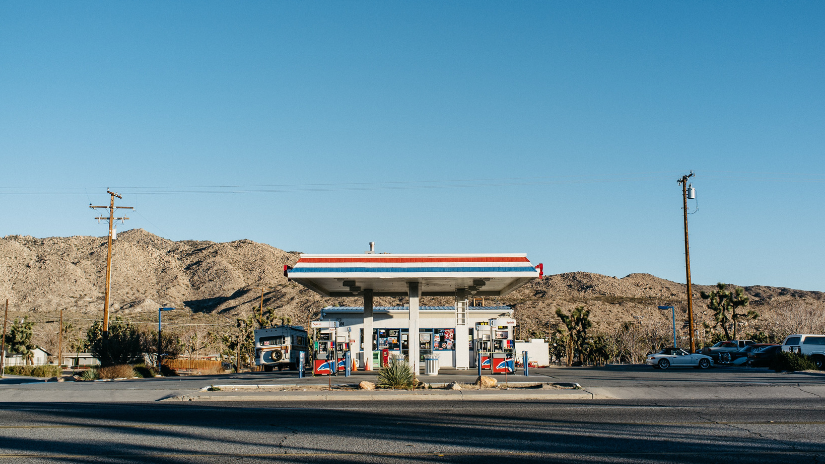
There’s pros and cons to both petrol and diesel. We debunk the myths.
With the rate at which fuel prices increase, not to mention tax, we could almost do a daily blog on how and where to save money on your fuel bill. When it comes to managing a fleet, you need to be 110% sure all your vehicles are fit for purpose, and a big part of this is identifying whether you should be adding petrol or diesel vehicles to your fleet.
There are plenty of opinions and research to be found online, but the central thread that runs through most of these is that it eventually comes down two things: what the vehicle is used for, and how well it’s maintained. This goes for both diesel as well as petrol.
To add some extra confusion into the mix, following the ‘dieselgate’ scandal that shook the automotive industry, a number of manufacturers have pledged to discontinue the production of diesel vehicles in the near future, and replace them with hybrid, electric, or more efficient petrol derivatives instead. So, what does this mean for the fleet industry? Below are a few points to keep in mind:
1. Petrol is more expensive than diesel – no getting around that.
However, diesel vehicles usually have a higher initial price tag and are more expensive to maintain. This is mainly due to diesel engines being more complicated and more expensive to produce and maintain than petrol engines.
2. Diesel engines are traditionally stronger than petrol
This is why the majority of large commercial vehicles run on diesel. And this is unlikely to change in the near future, especially in South Africa. Fleet managers dealing with long-haul cargo therefore have less at stake in this debate: diesel is likely to remain their engine of choice for many years to come, especially in South Africa.
3. Time matters
If you’re running a mixed fleet, diesel might seem like a good option, because you’ll save on fuel in the long run. Right? The catch is that it all depends how long your vehicles will be be a part of your fleet. If they’re going to be in your fleet long enough for your savings on the price of diesel to offset the higher price tag and higher maintenance costs, it makes sense. If not, you’re actually paying more and being blinded by perceived ‘savings’ on your monthly fuel bill.
4. Driving style and routes matter
If your fleet is mainly city-based instead of the open road, petrol actually makes more sense, especially in the case of small vehicles. In the city you literally want to ‘zip’ around and a small petrol engine will be more than enough. A small diesel engine, however, will seem more sluggish, which means drivers will need a much ‘heavier foot’ in order to keep up. This is fine for standard commuters who only drive to and from work, but if you’re running deliveries you risk spending a lot more on diesel that you would a small petrol. This is where ‘fit for purpose’ truly comes into play.
Whether you’re adding one vehicle or a hundred to your fleet, the best way to avoid costly mistakes is to seek expert advice. If it were as simple as choosing between the petrol price and the price of diesel, fleet manager’s lives would be a lot less stressful.
But with so many factors influencing the final cost – from routes to cargo to length of time vehicles need to remain on fleet, it becomes a much more complex process. And this is precisely the type of situation that experience fleet management companies are trained to deal with: they have access to all the latest industry data (much safer than a random Google search), and they have real-world experience with the types of vehicles you need to add to your fleet (not just internet spec sheets). With the price of fuel capable of severely affecting your company’s bottom line, it’s more important than ever for fleet managers to ensure they’re getting the best advice when deciding between petrol or diesel vehicles for their fleet.
